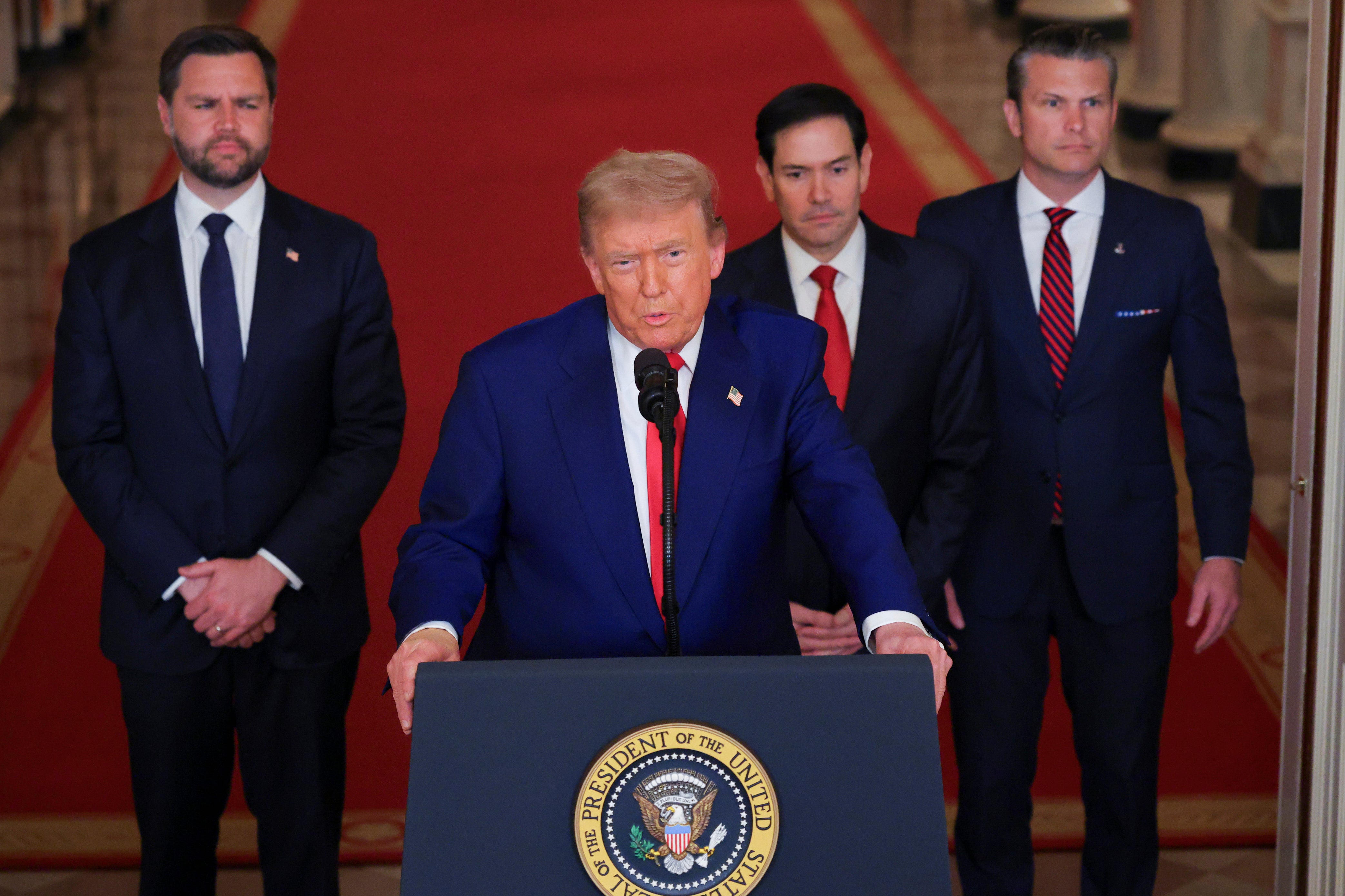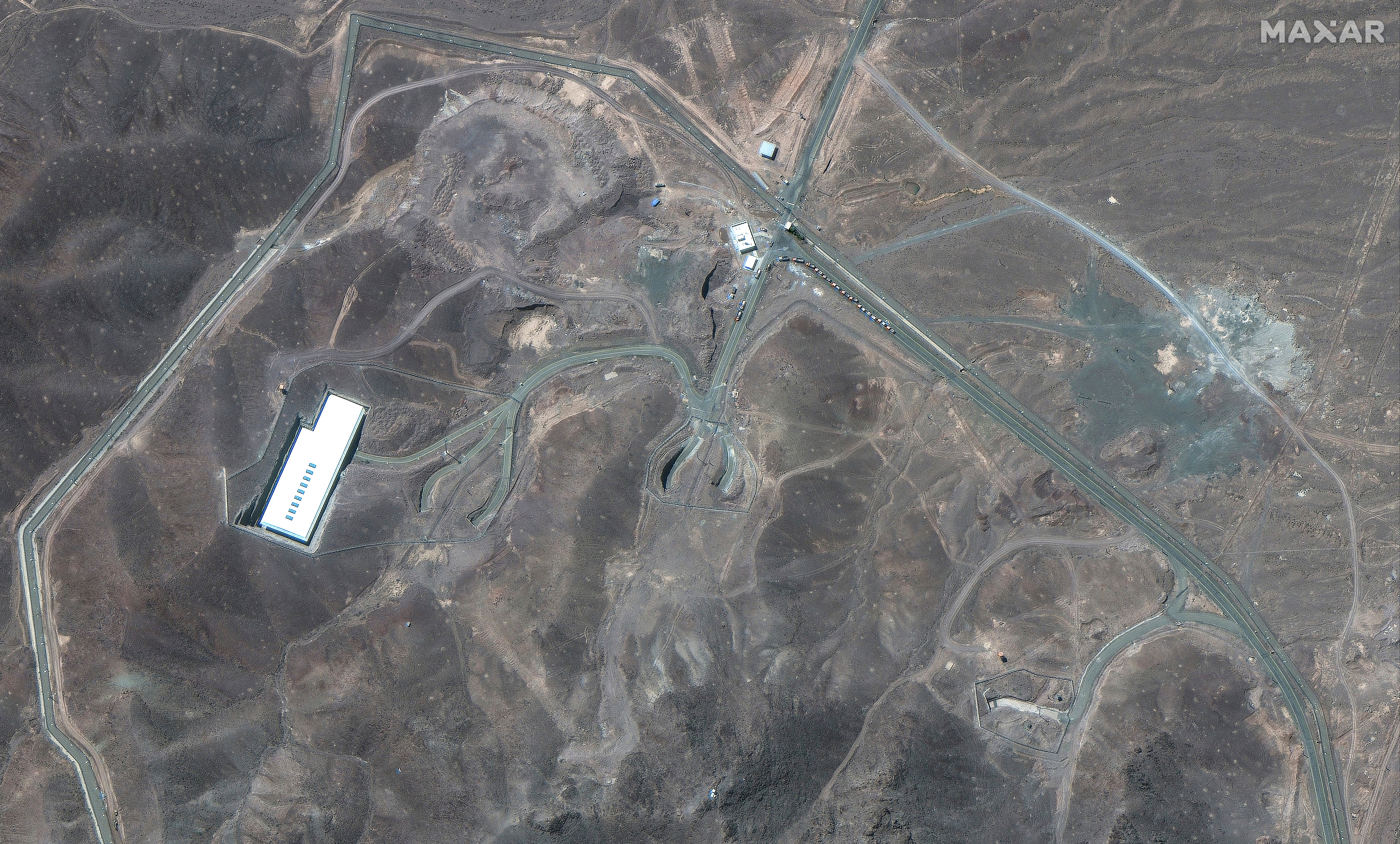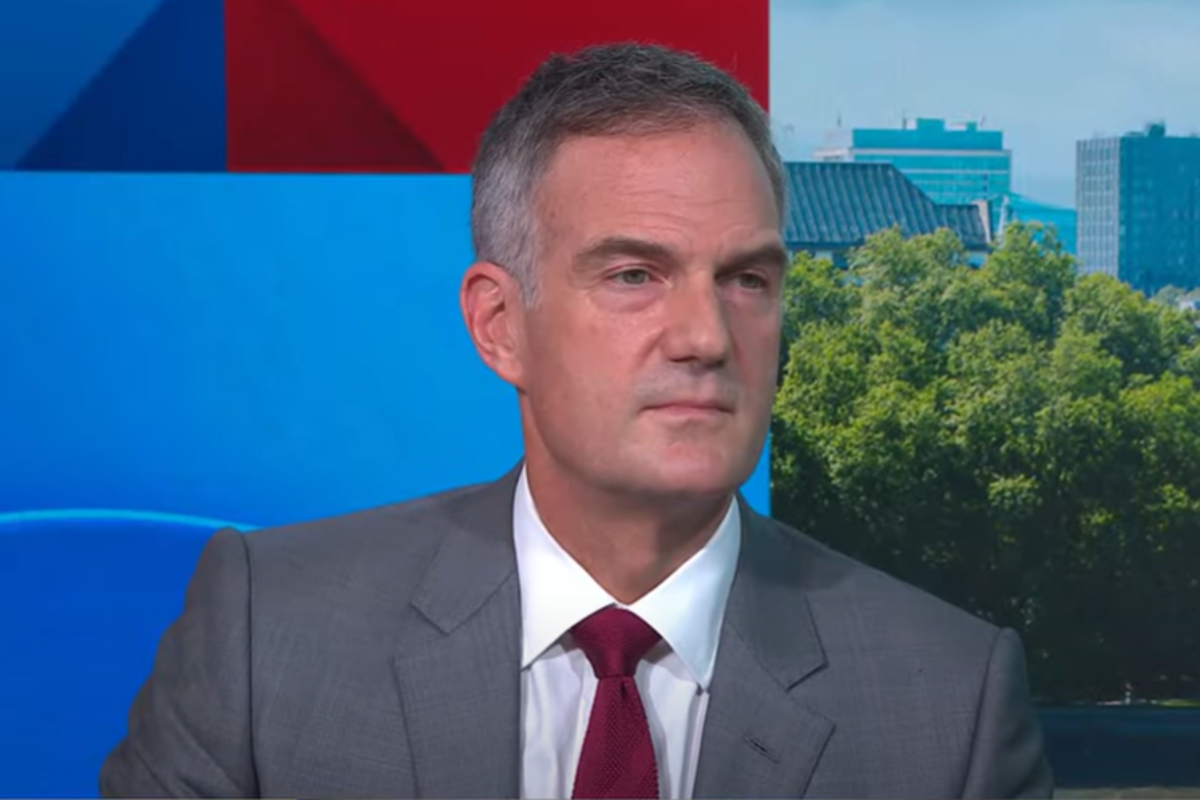US strikes on Iranian nuclear sites have ignited fears of a wider conflict in the Middle East, prompting urgent calls for de-escalation from key American allies.
These nations, while acknowledging the threat posed by Tehran’s nuclear programme, have urged a swift return to the negotiating table. Conversely, several regional nations and groups aligned with Iran condemned the strikes, though they too appealed for a reduction in hostilities.
The swift action followed a statement by then-President Donald Trump just days prior, who had indicated on Thursday that he would decide within two weeks whether to involve the US in Israel’s ongoing conflict with Tehran. Washington launched attacks on three Iranian nuclear facilities early Sunday.
The full extent of the damage inflicted by the strikes remains unconfirmed, with Iran asserting its right to “resist with full force”.

The escalation has led to speculation among analysts regarding Iran’s potential next steps, with questions raised over whether a weakened Tehran would capitulate or instead choose to remain defiant, potentially directing its allies to target US interests across the Gulf region.
Here is a look at reactions from governments and officials around the world.
United Nations
U.N. Secretary General Antonio Guterres said he was “gravely alarmed” by the use of force by the United States.
“There is a growing risk that this conflict could rapidly get out of control — with catastrophic consequences for civilians, the region, and the world,” he said in a statement on the social media platform X. “I call on Member States to de-escalate.”
“There is no military solution. The only path forward is diplomacy.”
United Kingdom
British Prime Minister Keir Starmer called for Iran to return to the negotiating table to diplomatically end the crisis, saying stability was the priority in the volatile region.
The U.K., along with the European Union, France and Germany, tried unsuccessfully to broker a diplomatic solution in Geneva last week with Iran.
Starmer said Iran’s nuclear program posed a grave threat to global security.
“Iran can never be allowed to develop a nuclear weapon and the U.S. has taken action to alleviate that threat,” Starmer said.
Iraq
The Iraqi government condemned the U.S. strikes, saying the military escalation created a grave threat to peace and security in the Middle East. It said it poses serious risks to regional stability and called for diplomatic efforts to de-escalate the crisis.
“The continuation of such attacks risks dangerous escalation with consequences that extend beyond the borders of any single state, threatening the security of the entire region and the world,” government spokesman Bassem al-Awadi said in the statement.

Iraq has close relations with both Washington and Tehran, and it has attempted to balance those over the years. The country also has a network of powerful Iranian-backed militias, which so far have not entered the fray.
Saudi Arabia
Saudi Arabia expressed “deep concern” about the U.S. airstrikes, but stopped short of condemning them.
“The Kingdom underscores the need to exert all possible efforts to exercise restraint, de-escalate tensions, and avoid further escalation,” the Foreign Ministry said in a statement.
Saudi Arabia had earlier condemned Israel’s strikes on Iran’s nuclear facilities and military leaders.
Qatar
Qatar, which is home to the largest U.S. military base in the Middle East, said it “regrets” escalating tensions in the Israel-Iran war.
Its Foreign Ministry in a statement urged all parties to show restraint and “avoid escalation, which the peoples of the region, burdened by conflicts and their tragic humanitarian repercussions, cannot tolerate.”
Qatar has served as a key mediator in the Israel-Hamas war.
Oman
Oman, which served as mediator in the nuclear talks between Iran and the U.S., condemned the airstrikes, saying they escalated tensions in the region.
The U.S. airstrikes threaten “to expand the scope of the conflict and constitute a serious violation of international law,” a spokesperson for Oman’s Foreign Ministry said in a statement.
Hamas and the Houthis
Both the Houthi rebels in Yemen and Hamas have condemned the U.S. strikes.
In a statement on Sunday, the Houthi political bureau called on Muslim nations to join “the Jihad and resistance option as one front against the Zionist-American arrogance.”
Hamas and the Houthis are part of Iran’s so-called Axis of Resistance, a collection of pro-Iranian proxies stretching from Yemen to Lebanon that for years gave the Islamic Republic considerable power across the region.
Lebanon
Lebanese President Joseph Aoun said the U.S. bombing could lead to a regional conflict that no country could bear and called for negotiations.
“Lebanon, its leadership, parties, and people, are aware today, more than ever before, that it has paid a heavy price for the wars that erupted on its land and in the region,” Aoun said in a statement on X. “It is unwilling to pay more.”
Lebanon’s new leadership — which came to power after a devastating war between Israel and the Hezbollah militant group — has urged the country to avoid being dragged into more conflict as it tries to rebuild itself and pull itself from a yearslong economic crisis. Hezbollah has not taken military action against Israel in solidarity with its key ally Iran, and has not yet commented on Washington’s overnight strikes.
China
A commentary from China’s government-run media asked whether the U.S. is “repeating its Iraq mistake in Iran.”
The online piece by CGTN, the foreign-language arm of the state broadcaster, said the U.S. strikes mark a dangerous turning point.
“History has repeatedly shown that military interventions in the Middle East often produce unintended consequences, including prolonged conflicts and regional destabilization,” it said, citing the American invasion of Iraq in 2003.
It said a measured, diplomatic approach offers the best hope for stability in the Middle East.
European Union
The European Union’s top diplomat said Iran must not be allowed to develop a nuclear weapon, but she urged those involved in the conflict to show restraint.
“I urge all sides to step back, return to the negotiating table and prevent further escalation,” EU foreign policy chief Kaja Kallas said in a post on social media.
Italy
Foreign Minister Antonio Tajani said Iran’s nuclear facilities “represented a danger for the entire area” but hoped the action could lead to de-escalation in the conflict and negotiations.
New Zealand
New Zealand Foreign Minister Winston Peters urged “all parties to return to talks.”
He wouldn’t tell reporters Sunday whether New Zealand supported Trump’s actions, saying they had only just happened.
“Diplomacy will deliver a more enduring resolution than further military action,” he said.
Japan
Japanese Prime Minister Shigeru Ishiba told reporters Sunday that it was crucial to calm the situation as soon as possible, adding that the Iranian nuclear weapons development also must be prevented.
Ishiba, asked if he supports the U.S. attacks on Iran, declined to comment.
Australia
Australia, which shuttered its embassy in Tehran and evacuated staff Friday, pushed for a diplomatic end to the conflict.
“We have been clear that Iran’s nuclear and ballistic missile program has been a threat to international peace and security,” a government official said in a written statement. “We note the U.S. President’s statement that now is the time for peace.”
“We continue to call for de-escalation, dialogue and diplomacy.”




